My Cancer Story + 5 Tips for Self-Care
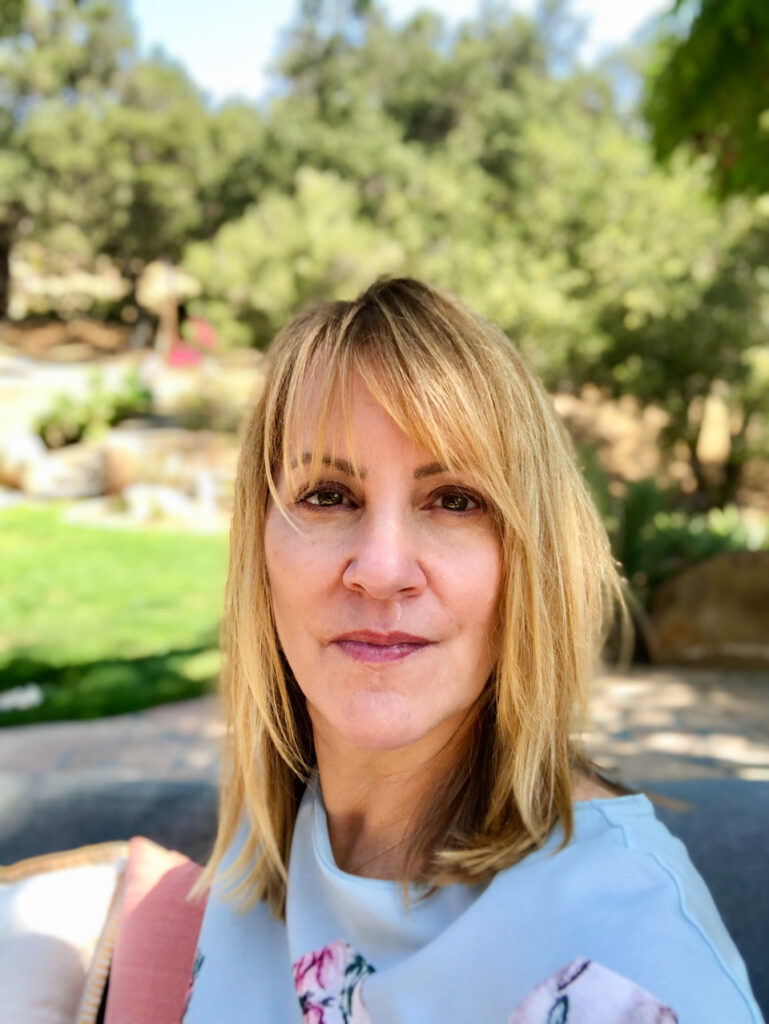
Learn about nutrition expert Sharon Palmer’s cancer journey, as well as her top 5 tips for practicing self-care when faced with a new health diagnosis.
One month ago, I joined the ranks of the 18 million people worldwide who will be diagnosed with cancer this year. It all started on a typical morning on March 1, 2021. I was applying moisturizer to my neck as part of my daily routine, when I felt a hard lump under my jaw. More than 6 months later, after numerous scans, tests, and probes, I finally received the diagnosis. And so, yes, I am part of a great big family, even though my particular cancer—a type of lymphoma—is quite rare, with only 450 new cases diagnosed each year in the US. And just like everyone who hears the dreaded word “cancer,” I’ve been on my own private journey, which I’ve decided to make public this week. Certainly, it gives me pause to be open about something that causes so much discomfort, both to the individual fighting cancer and to those surrounding them. But as a dietitian in the public, I hope I can provide a forum for discussion on how to fight this disease, as there are just so many of us out there dealing with it, and I just happen to have 35+ years of professional nutrition experience to share.
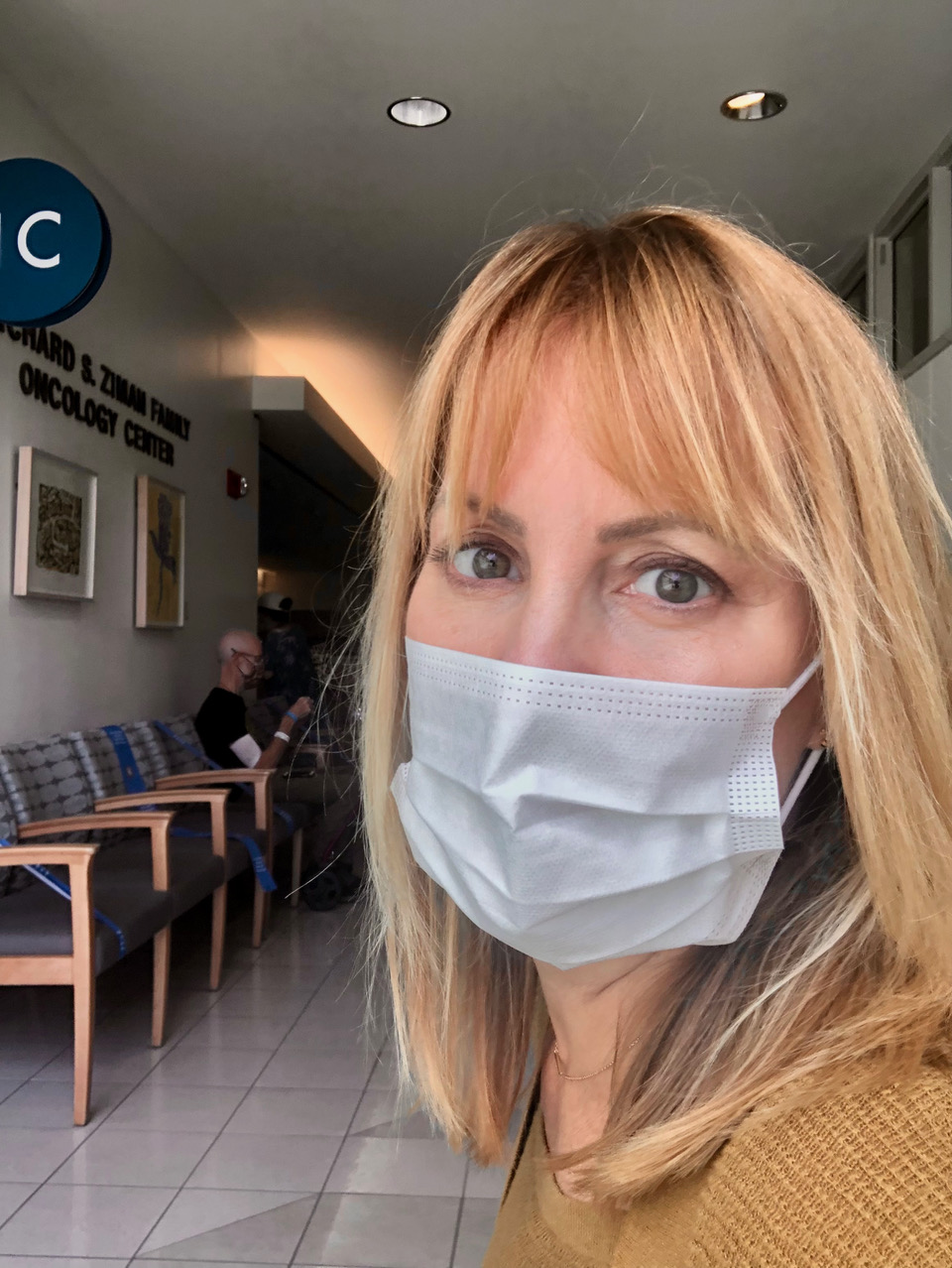
The good news is that the cancer battle has changed; survival rates have improved dramatically. The majority of people now diagnosed with cancer are still hanging in there at the five-year mark, thanks to earlier detection and improved treatments. But life forever changes, and the journey is fraught with many challenges, from dealing with the anxiety of the unknown and the side effects of treatment, to access to good care. For me, as it is with so many others, the fight started with wondering how it came to be in the first place. “How could this happen to me? I’m eating and living the cancer-fighting lifestyle.” Indeed! Yet, I have moved past this, reflecting that my lifestyle is probably what staved off cancer all these years, as lymphomas commonly afflict even the young.
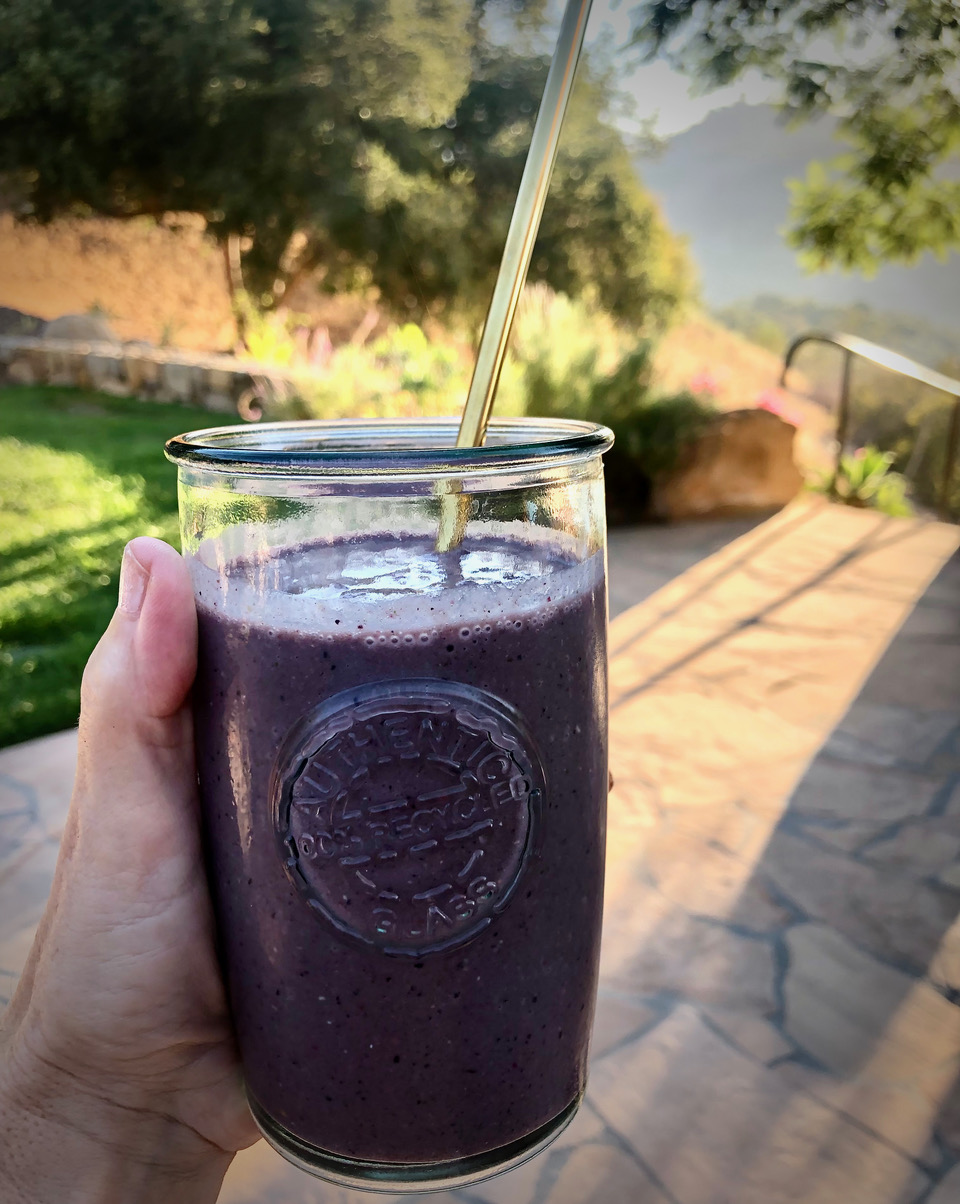
While I have taken great care to reduce my exposure to pollutants in my daily lifestyle, I am reminded that we live in a polluted world (90% of streams sampled had five or more pesticides in water that exceeded at least one aquatic-life federal standard), where the impacts of environmental risks on cancer—in particular lymphomas—have been documented; pesticides, herbicides, and other work-related chemical exposures have been linked with increased risk. It’s important to note that we don’t have enough research on the risks of environmental pollutants on cancer development. And I’m sure many of my colleagues might scoff at the potential for such pollutants, like pesticides, to raise cancer risk. However, this concept is recognized among many well known health organizations, such as the NIH, Department of Health & Human Services, and American Cancer Society. Here’s a shocking report on the 25-year water clean-up project in the San Gabriel Valley of Los Angeles County (where I lived for 30 years), after they discovered in 1979 that contaminants had spread freely throughout the water basin aquifer. See what I mean?
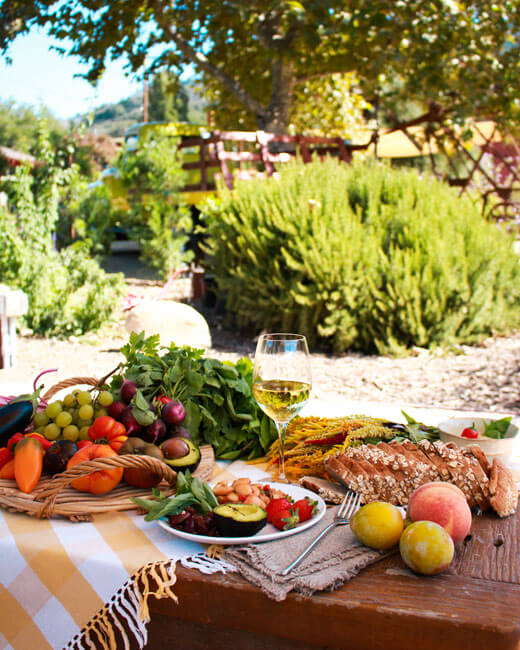
While there is so much about cancer that seems out of one’s control, I do know that healthy eating and lifestyle can significantly increase your chances of surviving cancer, as well as decrease your risk of developing another cancer or heart disease—a common side effect of this disease. A diet rich in whole plant foods—packed with antioxidant and anti-inflammatory compounds can boost the immune system. In addition, numerous foods and plant compounds have displayed unique benefits for cancer protection, from berries and leafy greens to mushrooms and cruciferous vegetables. Over the next several weeks, I’m going to be sharing tidbits from my own personal and professional experiences on my cancer journey, from my daily antioxidant smoothies (shown above) to my stress reduction routine, as I focus on wellness and disease protection on my blog, Instagram, Twitter, and Facebook.
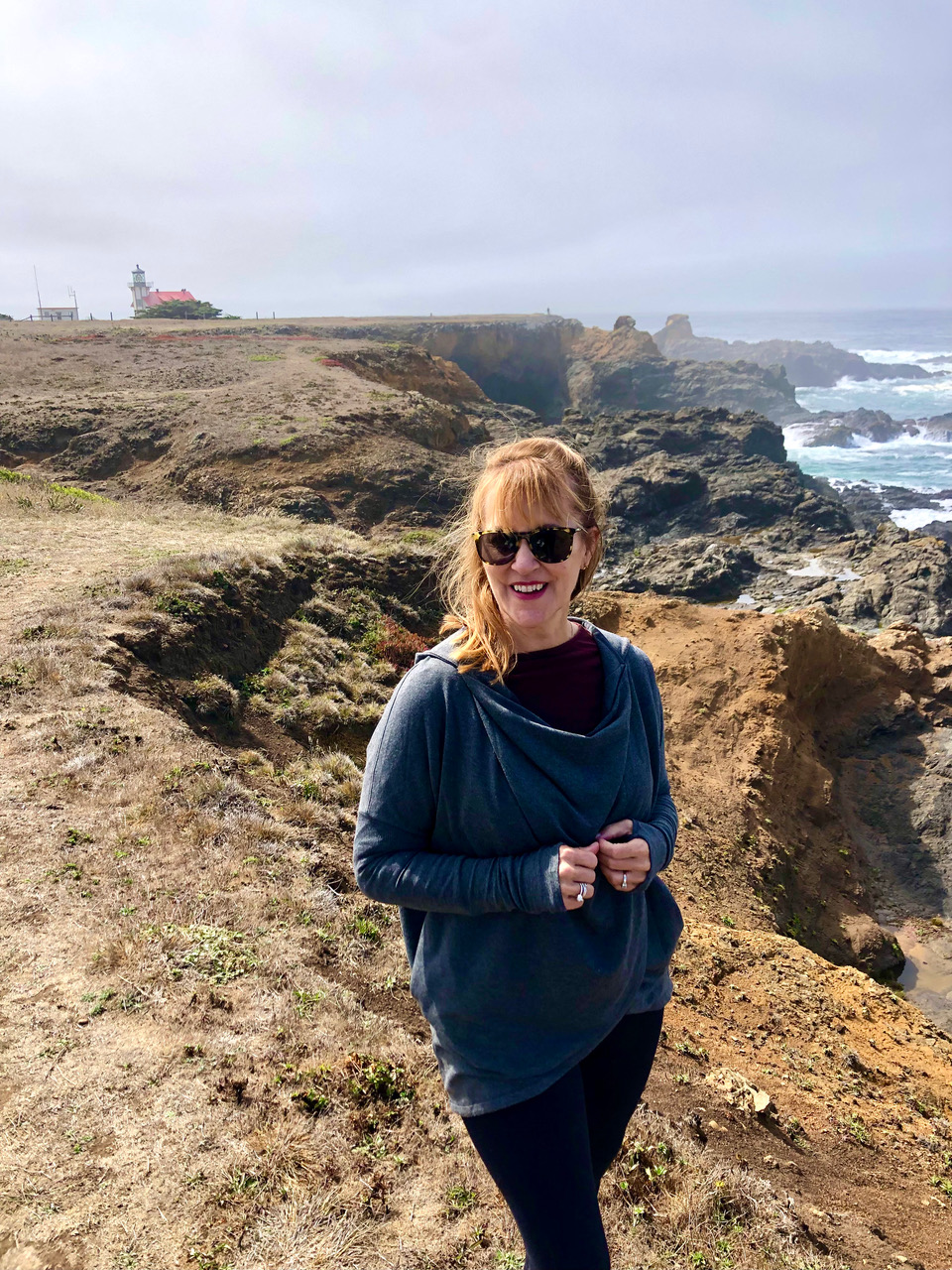
First up, I want to share my firsthand observations and tips on how to practice self-care if you’ve been faced with a health diagnosis, whether it’s cancer, heart disease, diabetes, or beyond.
5 Tips for Practicing Self Care During a Health Diagnosis
1. Listen to your body
You know your body better than anyone else! You know how it feels when things are going smoothly, and when it’s not. When you’re about to catch a cold, or when stress is getting the better of you, you recognize those signs. This is essential, not only for managing a disease, but for early detection. During my six-month journey to my cancer diagnosis, I could have given up along the way and said “I’m probably fine,” as so many people told me to do (“you’re worrying about nothing”), but I knew in my gut something was wrong. Stay true to yourself and persevere until you get answers. And once you have a diagnosis, keep listening to your body. That doesn’t mean you have to get panicky with every little ache and pain, but it does mean that if your body is stressed, exhausted, and painful, acknowledge that and care for your body.
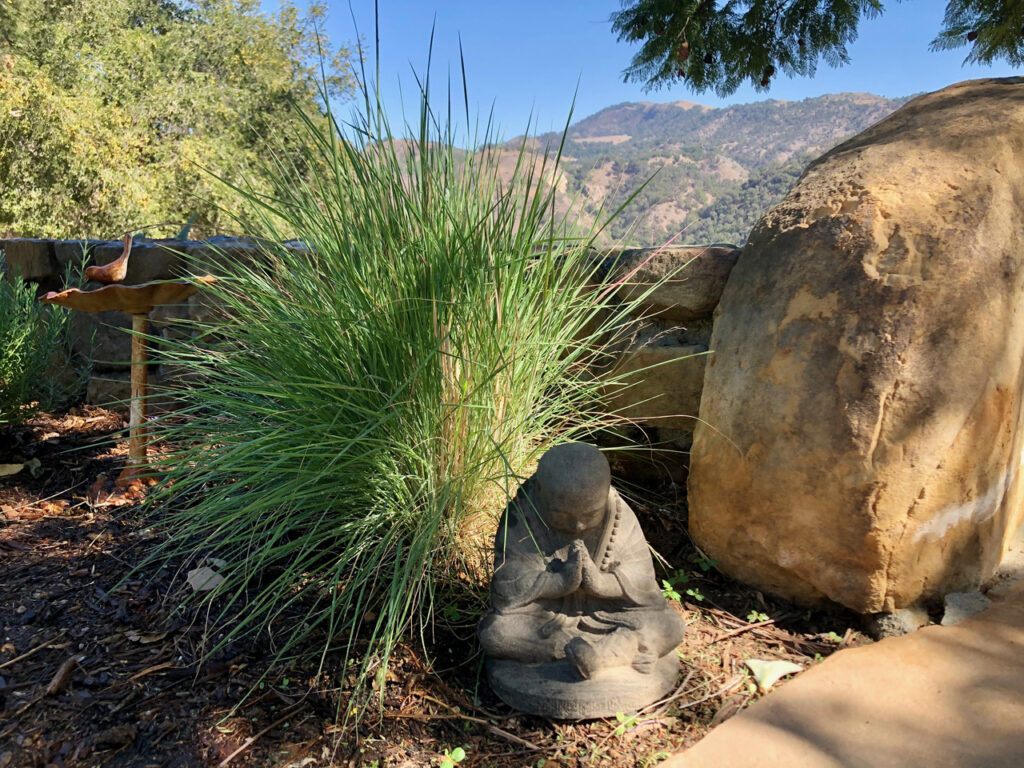
2. Recognize the impact of stress
When you are given a scary health diagnosis, your body typically goes into a flight-or-fight syndrome (acute stress response). This is a physiological response in your body when you are facing a terrifying event, both mental or physical. A flood of hormones prepares your body to either stay and deal with the threat, or run away from it. It is part of our human evolution, as it helped us run away from predators and gave us the strength to fight them off. Naturally, when you are facing a threatening health diagnosis, that same age-old response can occur. You may have a racing heart rate, trouble breathing, or even a panic attack. Even after the initial days of the diagnosis pass, those stressors can linger, as you wait for test results, deal with balancing work and medical appointments, arrange for uncomfortable procedures, and change your life to accommodate fighting the disease. By being fully aware of the stress, and acknowledging that it is real—not trying to bury it or pretend it’s not there—you can start finding ways to manage it. Meditation, yoga, walking, gardening, music, reading can be soothing activities. Create more time for self-care in your day, whether it’s running a bath, laying down for a cat nap, or taking the dog for a walk in the middle of the day. Be kind to yourself.
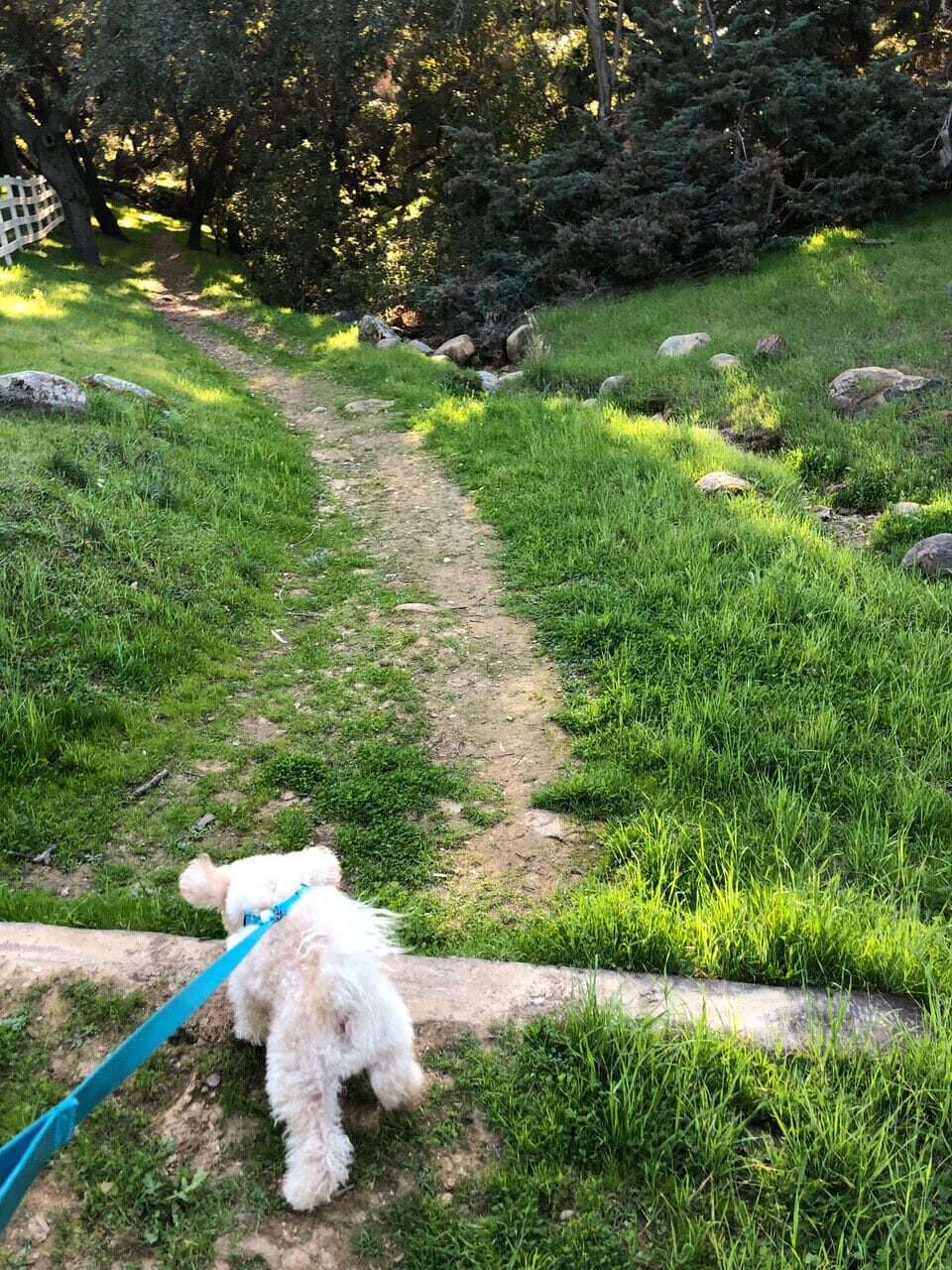
3. Get out in Nature
One peaceful way to relieve stress is to find some bit of nature to immerse yourself in. It could be a walking path lined with trees in your community, local nature trail, beach or lake front, or mountain hike. It can also be working with your hands in the soil in your garden. Research has documented the soothing benefits of being in nature—it can reduce anger, fear, and stress and increase feelings of happiness. Plan ways in which you can include a piece of nature in your life every day, if possible.

4. Eat Well
Now is the time to eat a wholesome, disease-protective, organic (if your budget allows) diet rich in whole plant foods to nourish your mind, body, and soul. These foods can provide nutrients that help heal the cells, tissues, and organs. They can boost immune response and reduce inflammation in the body. A healthy diet can make you feel happier even. And a healthy, plant-based diet doesn’t have to be boring and a sacrifice—it can be a delicious, flavorful, satisfying way to live and eat! Just check out my plant-based recipes here to see for yourself! If you’re thinking of trying a plant-based diet, check out my Go Vegan challenge to get started—or eat a more plant-based diet with tips in my book The Plant-Powered Diet.
5. Don’t Go Overboard
Sure, a healthful lifestyle—eating a plant-based diet, fitting in exercise, not smoking, avoiding excessive alcohol—is essential for fighting disease. However, it’s easy to go crazy with your goals during a health scare. In my career, I have seen many people turn to fad diets and unproven supplements during a diagnosis. While healthy diet patterns, particular foods and some supplements might have documented, clinical benefits, others do not. In addition, by making your new healthy lifestyle so rigid and “pure” you can be piling even more stress upon your own anxiety-ridden life. Sure, I highly recommend significantly trimming sugar and highly refined foods from your disease-fighting regimen, but a small sweet treat or a glass of wine (if your treatment allows it and it’s part of your lifestyle) once a week is probably going to be fine. And you don’t have to line yourself up with so many self-care activities that you are exhausted at the end of the day. While yoga, meditation classes, and support groups are documented to provide benefits in disease treatment, go easy on your scheduling.
I want to hear from you about your own health journey. How has your lifestyle impacted disease management and treatment? What works for you and what doesn’t? What challenges do you face on your road to recovery? Drop a comment on my blog below!
Check out Sharon’s Live Chats on disease management here:
Live Chat: Fight Cancer with Your Fork with Karen Collins
Fight Breast Cancer with Plants, with Dr. Kristi Funk
Eating for IBS on a Plant-Based Diet with Kate Scarlata



I, too, was diagnosed with a rare and aggressive form of cancer in 2021, Carsinosarcoma of the uterus. After a total hysterectomy I was blessed to be stage one. After 4 chemotherapy sessions and 3 radiation treatments, I am cancer-free for the moment. I started a mostly plant-based diet as soon as I found out and have lost 37 pounds from eating healthy and getting more exercise. I find that prayer, loved ones and nature work well to put me in a happy place. My oncologist says there is a 40% chance that the cancer will return in another part of the body. The only thing I truly have control over is eating and exercise so those are things I can do to make a difference and to feel as though I have done everything I can for my part. I will let God take care of the rest. Bless you, and all others who have gone through or are going through cancer. It is one of the hardest things I have ever done and I have respect for each and every one of you.
Thank you for sharing your inspiring story. I agree completely. Eating and moving well are two of the most powerful things you can do. I applaud your strength and positivity and wish you the best!
Hello Sharon,
I am so sorry to hear of your diagnosis! I was diagnosed with breast cancer in fall of 2019 and learned that it spread in fall of 2020. I changed my diet to be predominately plant based and organic in January of 2021. It has made such a difference! I spoke with a dietitian today who recommended your site to me. I live in Ventura County too and I am very excited to follow your web site and blogs! Wishing you all the very best in your recovery! Thank you for publicly sharing your cancer journey – it is SO encouraging to me and others!
Thank you for sharing your experience. I’m so relieved you have access to such great care. Hang in there, and stay strong.
Thank you for sharing your story in order to help others💕
When I was diagnosed with cancer in 2012, it was encouraging to learn that lifestyle changes could enhance my body’s ability to heal and increase my body’s ability to handle the treatments. If not for the leadership from health experts such as yourself, the cancer journey would have been more difficult to navigate!
Best wishes to you for a long and healthy future!
Thank you for sharing your own story—it’s so true that diet can not only help you fight off the cancer from appearing, but it can also make your body stronger to handle the treatments, as well as stay healthy after those treatments are over. I hope that you are strong and well!
Good on you for being brave enough and shedding fear and shame to share your story and call upon your on-line ‘community’ for input! I have not had cancer per-se, but due to the stress of my occupation and other life stressors (including caring for a spouse with a pancreatic mass/ tumor and two children), I eventually ended up with bone marrow failure. I can tell you that the discovery portion of some elusive disease processes seems daunting and horrifically anxiety provoking, to say the least. And the things that have worked for me certainly included some serious stress reduction and whole food, plant based eating. Remember that you are on a journey, a marathon. Pace yourself. You might find others with advise that is counter to the lifestyle choices and dietary choices that are healthy; stay your course and remain strong. You will find healing in the end!
Thank you for sharing your story. Cancer gets a lot of the attention (rightly so!), but it can be any important, life-threatening diagnosis that can add such stress and anxiety to our lives. Or, as you shared, being the caregiver of a loved one going through such a disease. I also love that you highlight how shaming our society is over cancer—it’s simply devastating that cancer is still a secret for so many people in this day and age we live in. Of course, everyone has a right to keep their own personal medical history to themselves, but I believe we need to evolve past the notion that life-altering diseases should be hidden from the public. I appreciate your advice—these are very helpful tips, especially the thoughts on the marathon, vs. the sprint!
Hi Sharon, I was introduced to you during my cancer treatment journey. I was shocked to hear your news today and I fully understand a lot of the emotions you expressed. I’ve been a vegetarian for a very long time, consider myself a healthy eater, I exercise regularly, and I, too, was diagnosed with breast cancer in 2020. My biggest takeaway from your story is to stop blaming ourselves and instead, love, nurture and fill our souls with the things that make us smile. Cancer does not define who we are. Sending best wishes to you on your journey and I will continue to follow you and all of your delicious recipes.
I am so grateful to you for sharing your story. I hope you’ve been well and strong. There are so many people who do it all “right” and still get cancer. It’s one of the things we have to deal with and get past. You are so right—having a life-threatening diagnosis makes you value things that you had overlooked as mundane, every day events. Spending time with my true friends and family and in nature has filled me up.
Hello Sharon,
Not sure if you remember me but I was one of the case managers at Euclid Villa, where you volunteered once, and thank you for your services to our families that lived there. I found my cancer exactly the way you did … putting moisturizer on my neck. It turned out to be malignant thyroid carcinoma for me, and after 2 separate thyroidectomy surgeries in July, 2021, and Iodine Radioactive treatment in September 27 here I am. I have an excellent team of caring doctors and after a body scan two weeks ago, they found no metastasis, it is just confined in the neck. I prayed ‘lots, lots of people did too. I have been watching your page posts and story posts as well where I read your story, so sorry! Thank you for sharing. I wish you lots and lots of health! You are awesome! God Bless you always.
Love,
Athena Merianos
I remember you very well! I will never forget when my son volunteered with you and you were so kind to him. Thank you for sharing your story—so many of us have gone through these challenging things, but so happy to hear that you are doing well. So important for us to take care of ourselves in every way! Best wishes to you!
Sharon
Hi Sharon! I wasn’t expecting this post. I know I’m just a stranger and I’m just a follower of your work but I truly hope you get the best care. I think it’s really brave and I absolutely admire the fact that your sharing your story. I hope you hear back from lots of people who have been through the same thing and they lift you up and bring positive energy and encouragement. I know you helped me initially when my husband was first diagnosed by just emailing back. It meant one person heard me. Then I went on to get two dietitians who were specific people to what we needed to try and help me. The one thing I know I still have to do is figure out how to change my stress levels and believe me we have come along ways after four years when everything in the beginning felt unknown and difficult. Anyway again, I hope for the best for you and that you stay strong. Candice
Thank you very much for your encouraging thoughts. I have received an outpouring of support from this community, which is invaluable in buoying my courage. It’s really strange how society prompts us to be secretive about a cancer diagnosis, which further isolates you from the support system you need. Stress is a huge factor—I can attest to that first hand. You can feel the damaging effects of it both short term and long term. I’m so glad that you received support in your own family story of cancer. The beginning can be very difficult—I read constantly on what to do with a new diagnosis. The mental terror that you experience is mind boggling. I hope that I can be of help by sharing my own story, which I will continue to do over the next few weeks. And I want to hear from people like you—what has worked and what hasn’t. So important to share our lived knowledge!
These are great tips and very helpful for the newly diagnosed, which is sometimes the most difficult time. These type of cancers often don’t get enough attention and your story is so important!